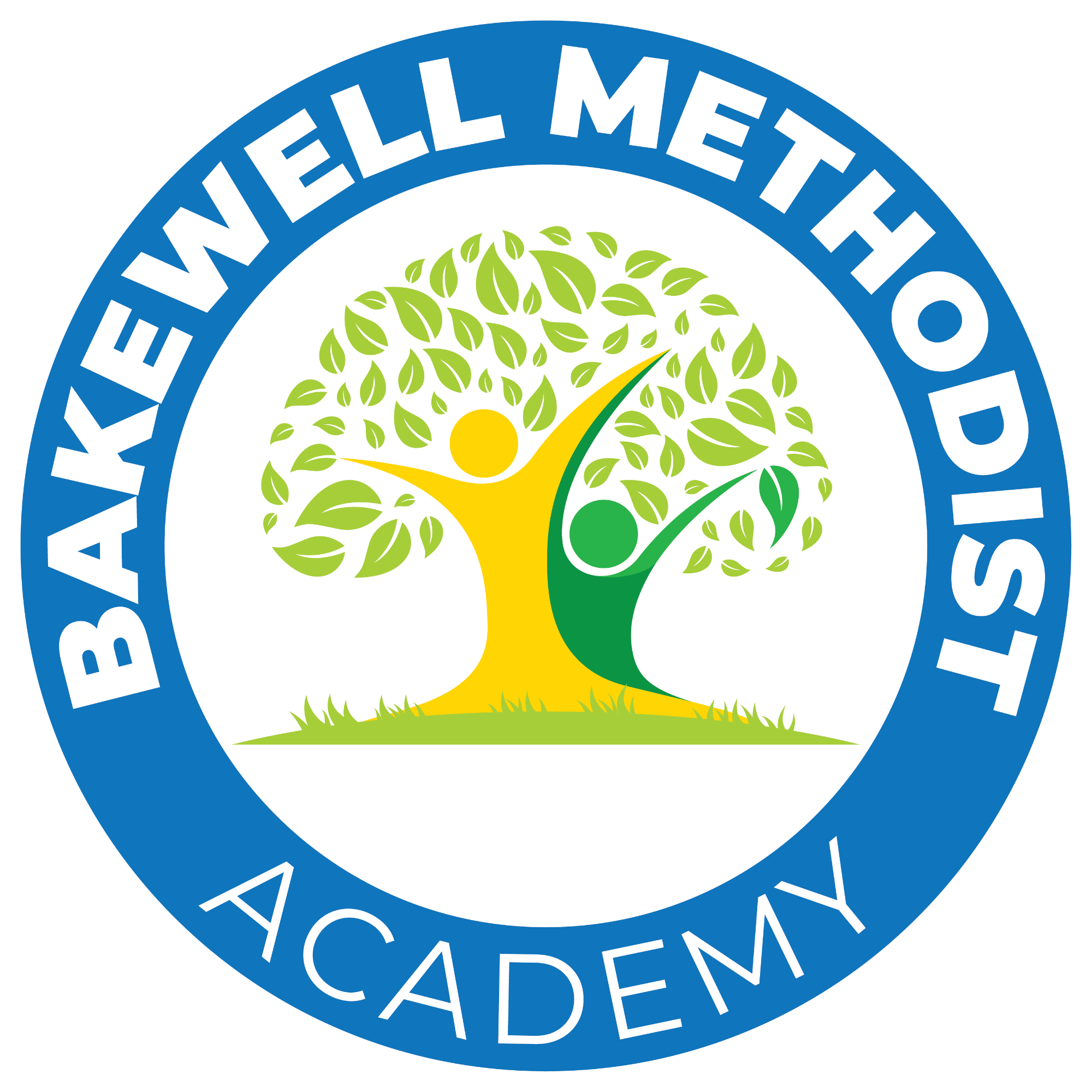Writing
Strategic Intent
To develop a curriculum which:
- Embeds the necessary structure of variety of key texts across Key Stage 2
- Creates a love for learning new words through reading and discussion
- Enables pupils to be able to plan, revise and evaluate their writing. To be able to do this effectively, pupils will focus on developing effective transcription and effective composition.
- Develops an awareness of the audience, purpose and context, and an increasingly wide knowledge of vocabulary and grammar
- Intends for pupils to leave school being able to use fluent and legible speedy handwriting
Implementation
Writing Teaching and Learning, Assessment and Feedback
Our well-planned curriculum will be delivered through quality teaching. The children will be required to work independently and in groups. They will be offered a variety of learning opportunities through which to acquire the skills, knowledge and attitudes needed for the next steps in their education. At Bakewell Methodist Academy we follow the Pathways scheme of work. This programme is backed by research and aligns with the national curriculum standards and with the EEF standards
'Pathways to Write is a text-based approach founded in a mastery-learning model. Key skills are taught and repeated; there are multiple opportunities to use and apply the skills until they can be mastered fully and applied in an extended context. This follows the processes around research in mathematics: “the idea/concept that all children need a deep understanding of what they are learning in order that they can recall it fluently, use it flexibly and apply it readily.” (NCETM).
Each unit follows a process of conceptual understanding (hook and purpose for writing), procedural fluency (a series of lessons where writing skills are taught and practised) and an opportunity for pupils to apply their skills in an extended context (Carpenter, 2018). Components of writing are developed rigorously throughout a unit before pupils are challenged to write composite tasks (Ofsted, 2024).
Each unit builds progressively and contributes to the programme as a whole: learning is broken down into “discrete units and presented in logical order. Pupils are required to demonstrate mastery of the learning from each unit before being allowed to move on to the next, with the assumption that all pupils will achieve this level of mastery if they are appropriately supported” (DfE, 2015). This ensures the full range of year group skills are acquired to meet age-related expectations.
Within each unit, pupils use and apply Mastery keys and Feature keys. Mastery keys are developed from the transcription, composition and grammar objectives from the National Curriculum (DfE, 2013). Throughout each unit, there are opportunities for incidental short-burst writing where pupils practise the Mastery keys that have been taught explicitly; they are then able to monitor their work and be self-reflective throughout. This fosters high quality feedback based on the recommendations of Dylan Wiliam (2011) who states, “feedback should cause thinking. It should be focused; it should relate to the learning goals that have been shared with the students…the whole purpose of feedback should be to increase the extent to which students are owners of their own learning.”' (Taken from Pathways 2024)
Cross-curricular learning
- Teachers know the importance of learning across the curriculum. The children produce extended writing in their writing books. This normally coincides with the unit of work in English over the course of that particular term so that children have the opportunity to practise and apply the skills learnt in their English lessons.
